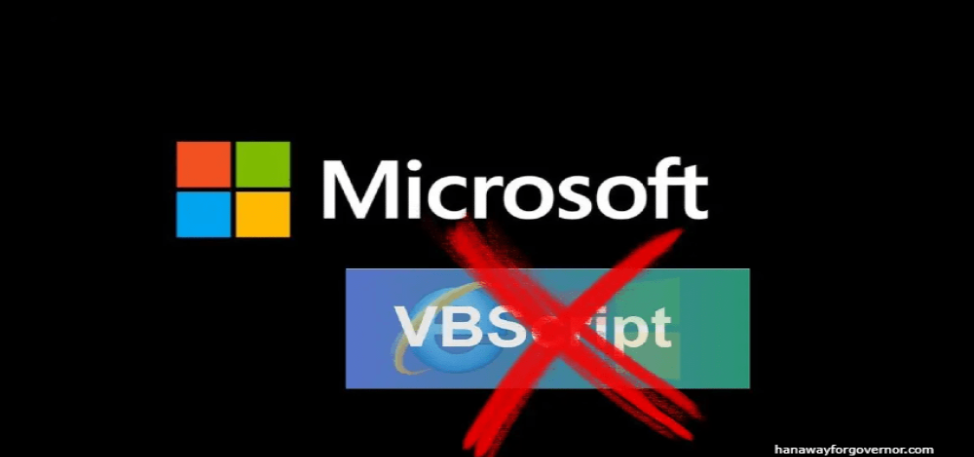The news may disappoint VBScript enthusiasts as Microsoft has officially confirmed its intention to discontinue the scripting language in upcoming versions of Windows. Instead, it will be provided only on request.
Microsoft made the announcement in a recent update post, saying, "VBScript is being retired. In forthcoming Windows updates, VBScript will be offered as an optional feature before it is eventually phased out of the operating system."
VBScript, aka Visual Basic Scripting Language, was first launched in 1996 and served primarily for task automation. It witnessed its last update, version 5.8, in 2010 but had a tough time competing against PowerShell, which was introduced in 2006.
Malware Susceptibility
According to Microsoft, "The Microsoft Visual Basic Scripting Edition brought active scripting to a wide array of environments, including web client scripting in Microsoft Internet Explorer and web server scripting in Microsoft Internet Information Service."
However, other browser creators didn't adopt VBScript, with web developers typically preferring JavaScript for client-side operations. Furthermore, this announcement from Microsoft isn't entirely unforeseen. Seven years ago, it discontinued VBScript support on its flagship Internet Explorer (IE) platform, disabled it two years later, and eventually retired the entire browser in 2022.
While the emergence of more potent competition might contribute to VBScript's phasing out, impending security risks could further amplify the decision.
In conclusion, the move to phase out VBScript signifies the end of an era for a language that has been part of the Windows package for years. However, with rising security concerns and a shift towards more advanced and secure programming languages, this decision by Microsoft seems both timely and long overdue. As VBScript bids its farewell, many developers and users might reminisce about its significance in the history of automation scripting, but they can also look forward to a safer, more secure digital environment promised by its successors. Although change can be challenging, embracing advancements is necessary for progress, especially in a digital age that is constantly in flux.









